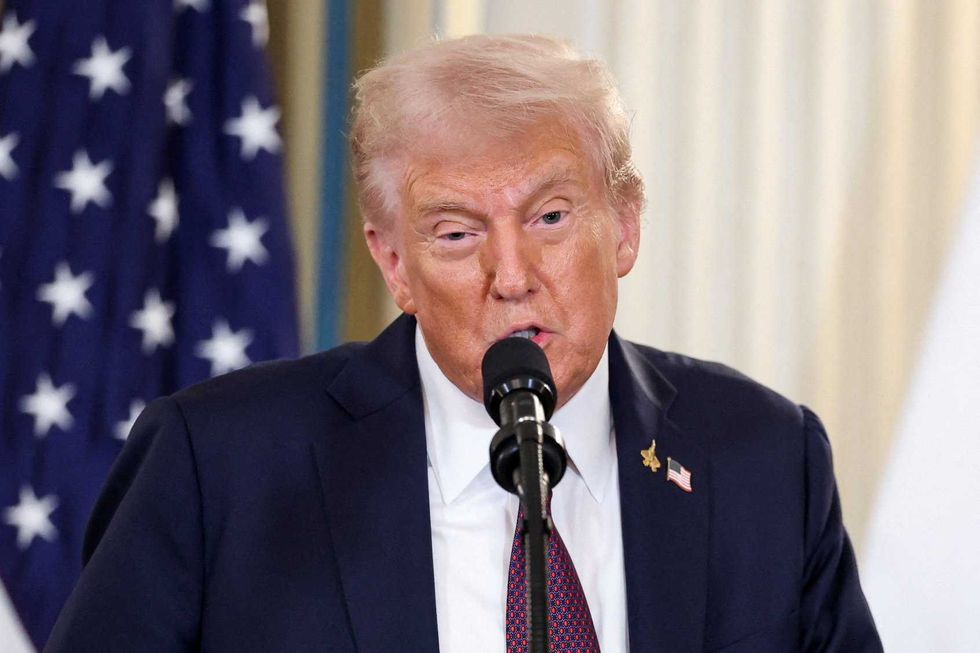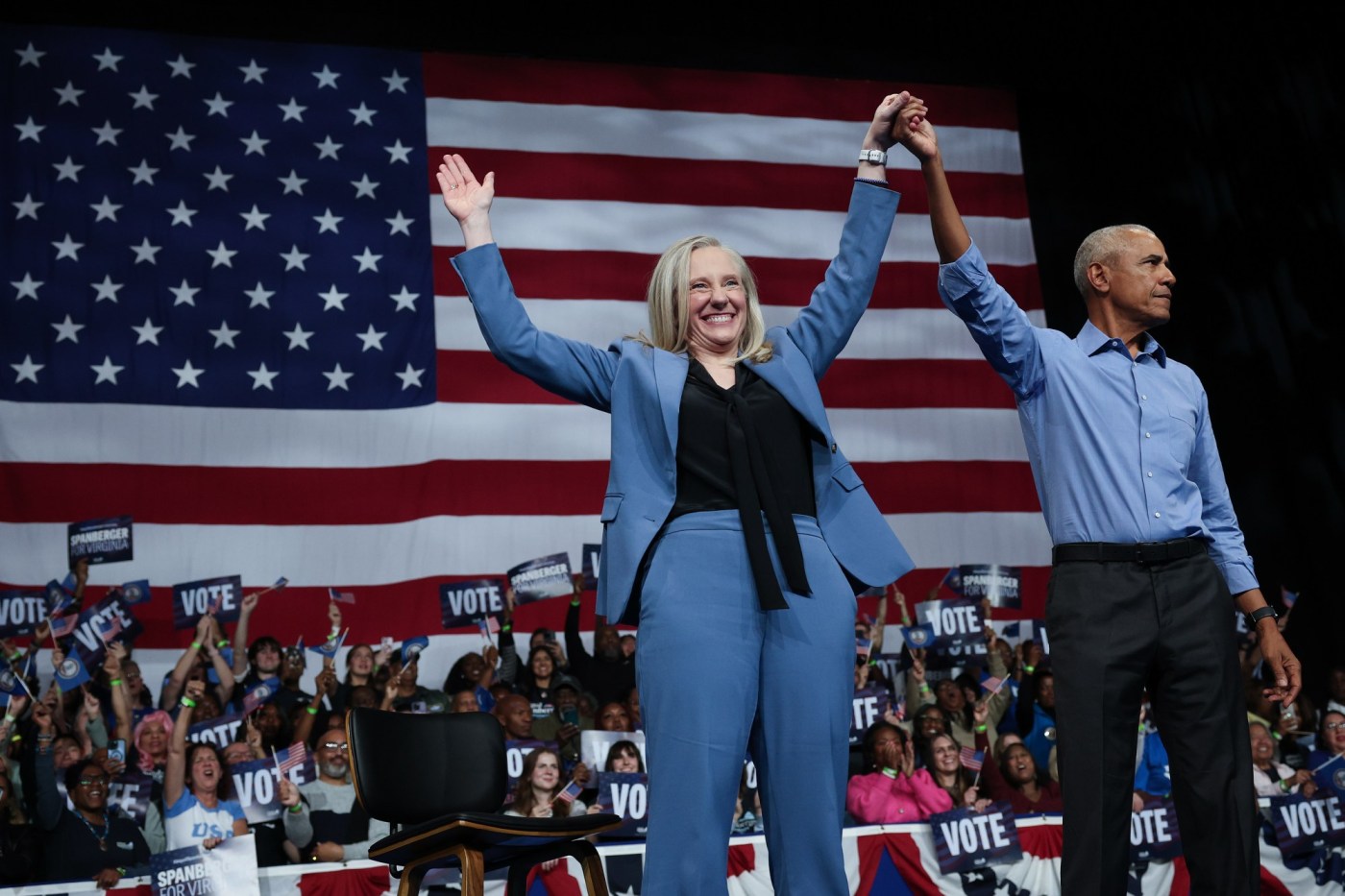UPDATE: A federal judge has just imposed a permanent injunction against the Trump administration, blocking efforts to withhold vital transportation funds from states that do not comply with federal immigration priorities. U.S. District Chief Judge John J. McConnell Jr. issued the ruling on October 3, 2023, declaring that the administration overstepped its authority by imposing immigration-related conditions on federal funding.
This ruling is a significant blow to the administration’s policies and has immediate implications for states relying on these funds. Judge McConnell stated, “None of the statutes cited by DOT expressly afford it the kind of sweeping authority it claims,” emphasizing that the conditions imposed were unrelated to transportation issues.
McConnell’s ruling follows a lawsuit filed by a coalition of 20 states, led by California, challenging Transportation Secretary Sean Duffy‘s directive concerning federally approved funds. The judge criticized the Department of Transportation (DOT) for attempting to link federal grants to immigration enforcement, noting that such actions are “lawless” and contradict constitutional principles. “The Constitution demands the court set aside this lawless behavior,” McConnell stated.
“It should go without saying that the ability of Rhode Islanders to travel on safe roads and bridges cannot hang on the political whims of one man,” said Rhode Island Attorney General Peter Neronha, praising the decision.
Duffy had previously argued that federal grants come with a clear obligation to adhere to federal laws, claiming that enforcing immigration rules is necessary. The DOT had maintained that the statute governing the agency allowed it to impose conditions on grant agreements, but Judge McConnell disagreed, stating that the conditions were irrelevant to transportation.
In a related development, McConnell recently ordered the U.S. Department of Agriculture (USDA) to utilize contingency funds to prevent a disruption in benefits for households relying on the Supplemental Nutrition Assistance Program (SNAP). This second ruling further highlights ongoing legal challenges the Trump administration faces.
As states and local governments assess the ramifications of this ruling, all eyes will be on the Trump administration’s next steps. Will they appeal this decision, or will they alter their approach to federal funding? Stakeholders in transportation and immigration policy are urged to stay tuned for further updates, as this situation continues to evolve.
For now, the ruling reinforces the judicial checks on executive power and underscores the importance of adhering to established legal frameworks in funding decisions. The implications for states reliant on these federal funds could reshape the landscape of transportation policy moving forward.







